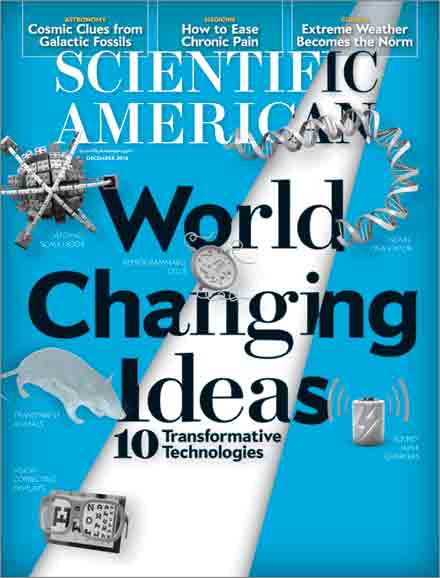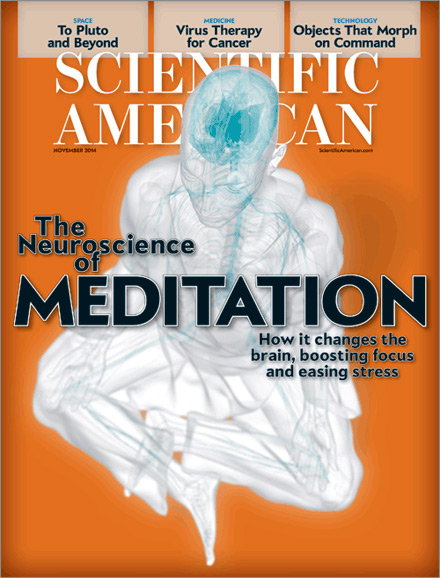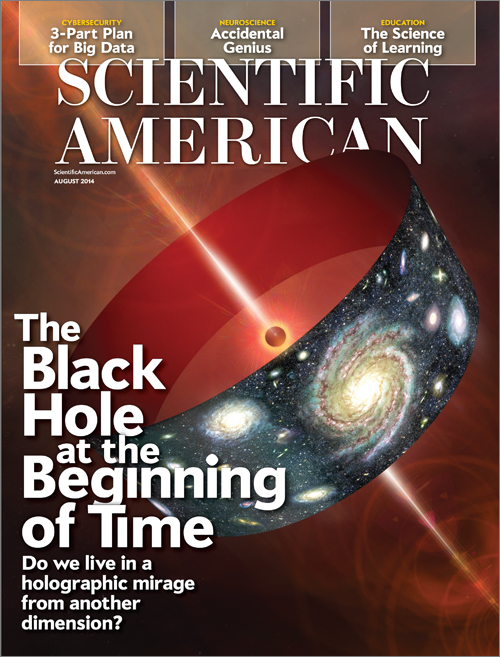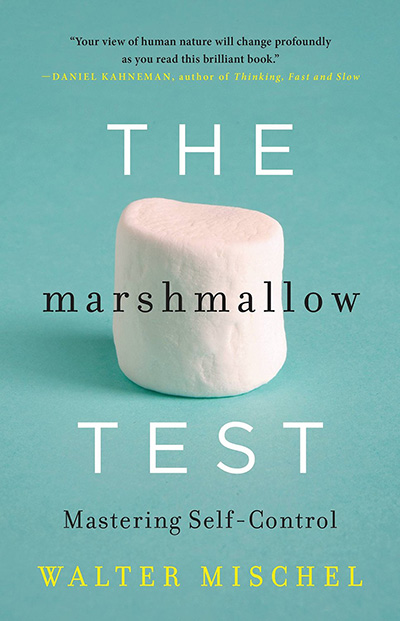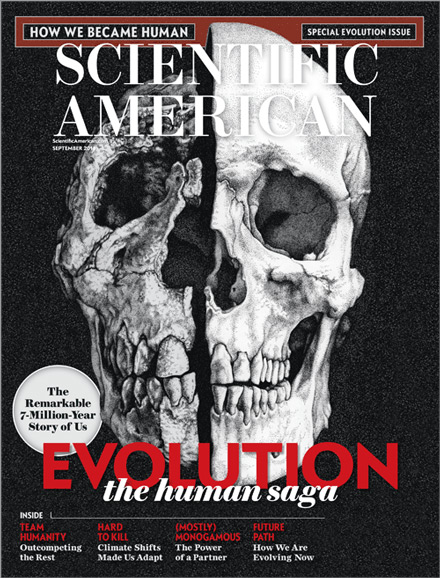Who believes in conspiracy theories—and why
President Barack Obama has been a busy man while in office: he concocted a fake birth certificate to hide his true identity as a foreigner, created “death panels” to determine who would live and who would die under his health care plan, conspired to destroy religious liberty by mandating contraceptives for religious institutions, blew up the Deepwater Horizon offshore drilling rig to garner support for his environmental agenda, masterminded Syrian gas attacks as a pretext to war, orchestrated the shooting of a tsa agent to strengthen that agency’s powers, ordered the Sandy Hook school massacre to push through gun-control legislation, and built concentration camps in which to place Americans who resist.
Do people really believe such conspiracy theories? They do, and in disturbingly high numbers, according to recent empirical research collected by University of Miami political scientists Joseph E. Uscinski and Joseph M. Parent and presented in their 2014 book American Conspiracy Theories (Oxford University Press). About a third of Americans, for example, believe the “birther” conspiracy theory that Obama is a foreigner. About as many believe that 9/11 was an “inside job” by the Bush administration. (continue reading…)
read or write comments (30)
Do democracies make better lovers?
From Ukraine, Syria and Gaza to the centenary of the First World War in 2014, news junkies and students of history cannot help but wonder if war is a perpetual feature of civilization. German philosopher Immanuel Kant wondered as much in a 1795 essay entitled Perpetual Peace, concluding that citizens of a democratic republic are less likely to support their government in a war because “this would mean calling down on themselves all the miseries of war.” Ever since, the “democratic peace theory” has had its supporters. Rutgers University political scientist Jack Levy, in a 1989 essay on “The Causes of War,” reasoned that the “absence of war between democratic states comes as close as anything we have to an empirical law in international relations.” Skeptics point out such exceptions as the Greek and Punic wars, the War of 1812, the U.S. Civil War, the India-Pakistan wars and the Israel-Lebanon War. Who is right? Can science answer the question?
In their 2001 book Triangulating Peace, political scientists Bruce Russett and John Oneal employed a multiple logistic regression model on data from the Correlates of War Project that recorded 2,300 militarized interstate disputes between 1816 and 2001. They assigned each country a democracy score between 1 and 10, based on the Polity Project, which measures how competitive its political process is, as well as the fairness of its elections, checks and balances of power, transparency, and so on. The researchers found that when two countries score high on the Polity scale, disputes between them decrease by 50 percent, but when one country was either a low-scoring democracy or an autocracy, it doubled the chance of a quarrel between them. (continue reading…)
read or write comments (14)
I just witnessed an event so mysterious that it shook my skepticism
Often I am asked if I have ever encountered something that I could not explain. What my interlocutors have in mind are not bewildering enigmas such as consciousness or U.S. foreign policy but anomalous and mystifying events that suggest the existence of the paranormal or supernatural. My answer is: yes, now I have.
The event took place on June 25, 2014. On that day I married Jennifer Graf, from Köln, Germany. She had been raised by her mom; her grandfather, Walter, was the closest father figure she had growing up, but he died when she was 16. In shipping her belongings to my home before the wedding, most of the boxes were damaged and several precious heirlooms lost, including her grandfather’s binoculars. His 1978 Philips 070 transistor radio arrived safely, so I set out to bring it back to life after decades of muteness. I put in new batteries and opened it up to see if there were any loose connections to solder. I even tried “percussive maintenance,” said to work on such devices—smacking it sharply against a hard surface. Silence. We gave up and put it at the back of a desk drawer in our bedroom. (continue reading…)
read or write comments (23)
A review of The Marshmallow Test by Walter Mischel. A a version of this review was published in the Wall Street Journal on September 19, 2014.
When video of Adm. William H. McRaven’s 2014 commencement address at the University of Texas at Austin was posted online, the speech went viral. Millions of viewers will remember the core message summed up in his memorable line: “If you want to change the world, start off by making your bed.”
The Navy SEAL veteran recalled that “if you make your bed every morning you will have accomplished the first task of the day. It will give you a small sense of pride and it will encourage you to do another task and another and another. By the end of the day, that one task completed will have turned into many tasks completed. Making your bed will also reinforce the fact that little things in life matter. If you can’t do the little things right, you will never do the big things right. And, if by chance you have a miserable day, you will come home to a bed that is made—that you made—and a made bed gives you encouragement that tomorrow will be better.”
Adm. McRaven’s “life lessons” in his speech are, in fact, variations on a theme examined by the legendary psychologist Walter Mischel in “The Marshmallow Test”; the key to being a successful Navy SEAL—or anything else in life—is summed up in the book’s subtitle, “Mastering Self-Control.” This fast-paced and engaging work is part memoir (Mr. Mischel recounts how he quit his three-pack-a-day smoking habit), part science book (the extensive research on self-control is artfully summarized) and part self-help tome (a chapter provides tips for increasing your willpower). (continue reading…)
Comments Off on Willpower and Won’t Power
How the survivor bias distorts reality
When I purchased my latest vehicle, I was astonished to get the license plate 6NWL485. What are the chances that I would get that particular configuration? Before I received it, the odds would have been one in 175,760,000. (The total number of letters to the power of the number of letters on the plate times the total number of digits to the power of the number of digits on the plate: 263 x 104). After the fact, however, the probability is one.
This is what Pomona College economist Gary Smith calls the “survivor bias,” which he highlights as one of many statistically related cognitive biases in his deeply insightful book Standard Deviations (Overlook, 2014). Smith illustrates the effect with a playing card hand of three of clubs, eights of clubs, eight of diamonds, queen of hearts and ace of spades. The odds of that particular configuration are about three million to one, but Smith says, “After I look at the cards, the probability of having these five cards is 1, not 1 in 3 million.” (continue reading…)
read or write comments (6)
